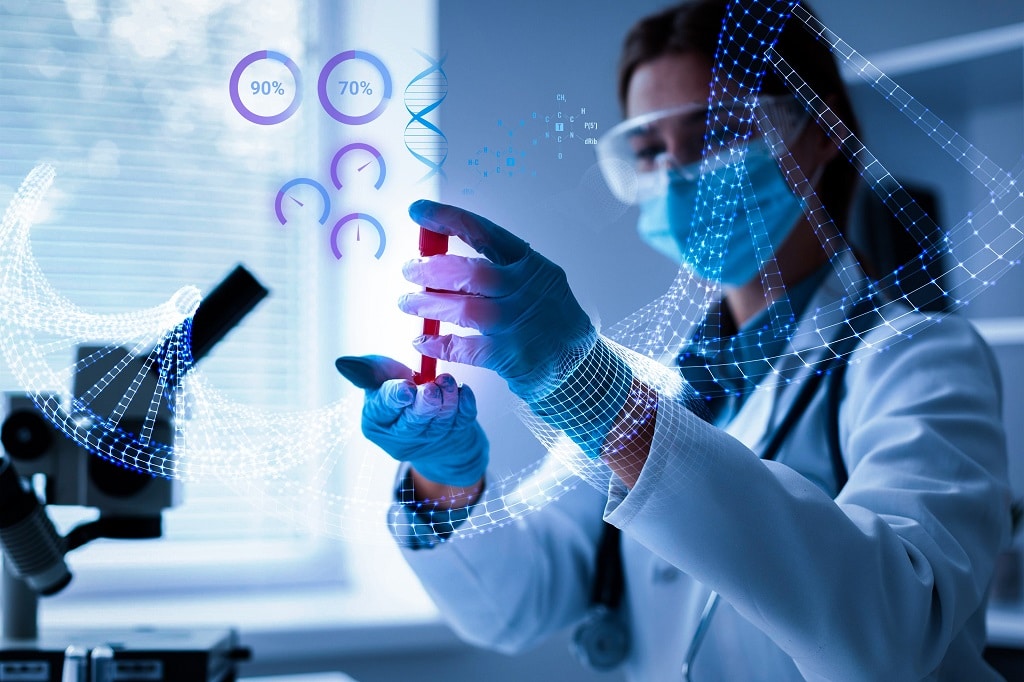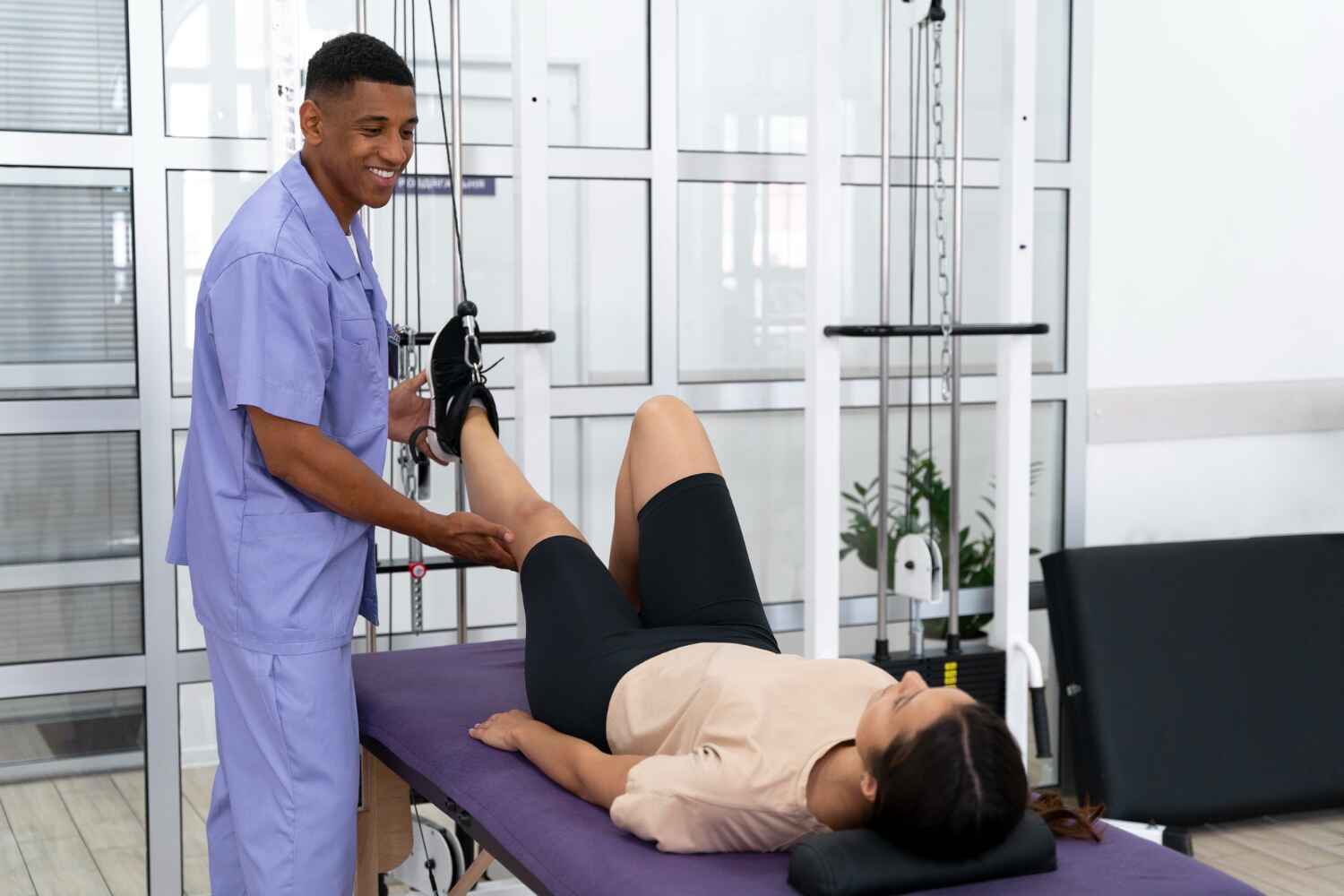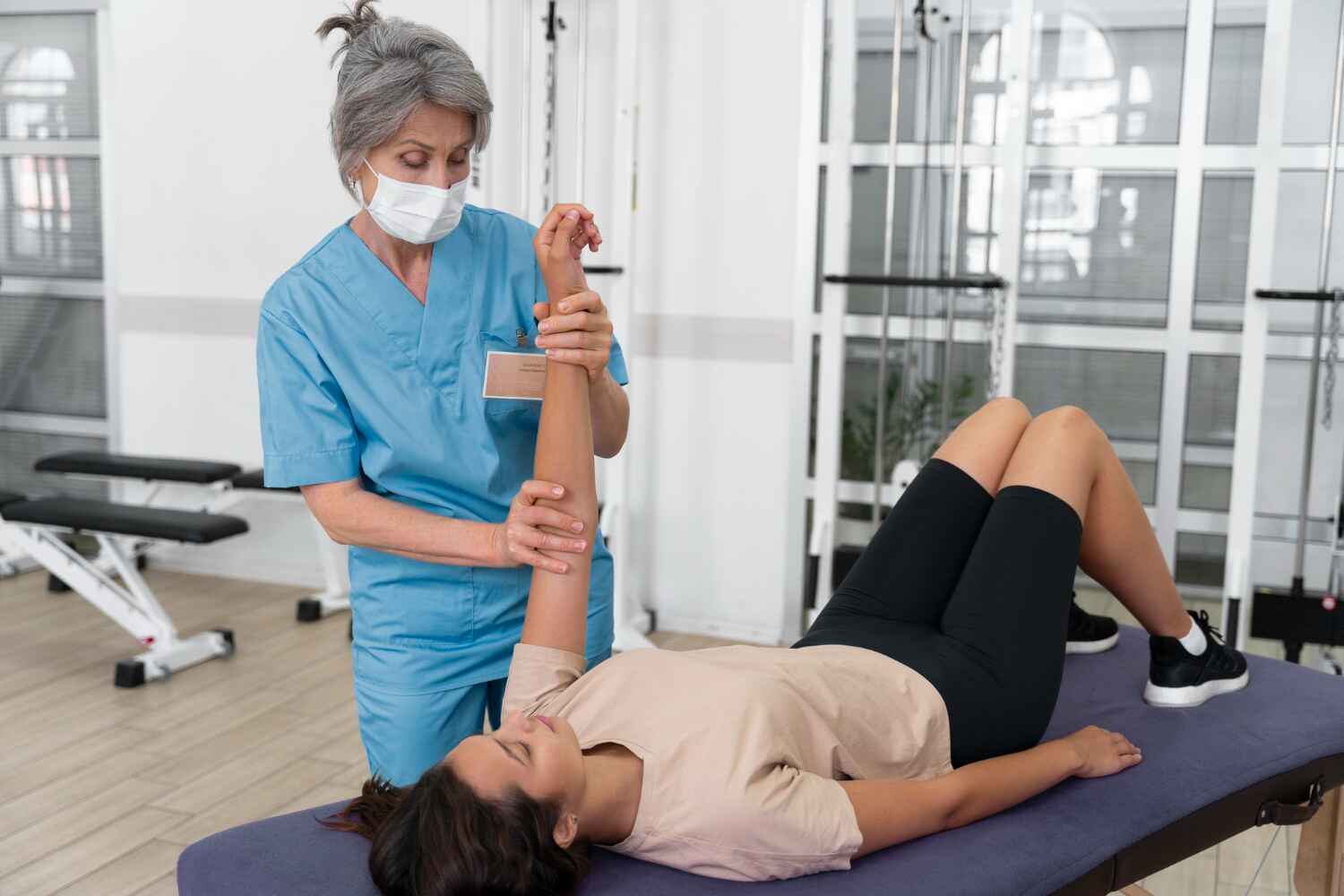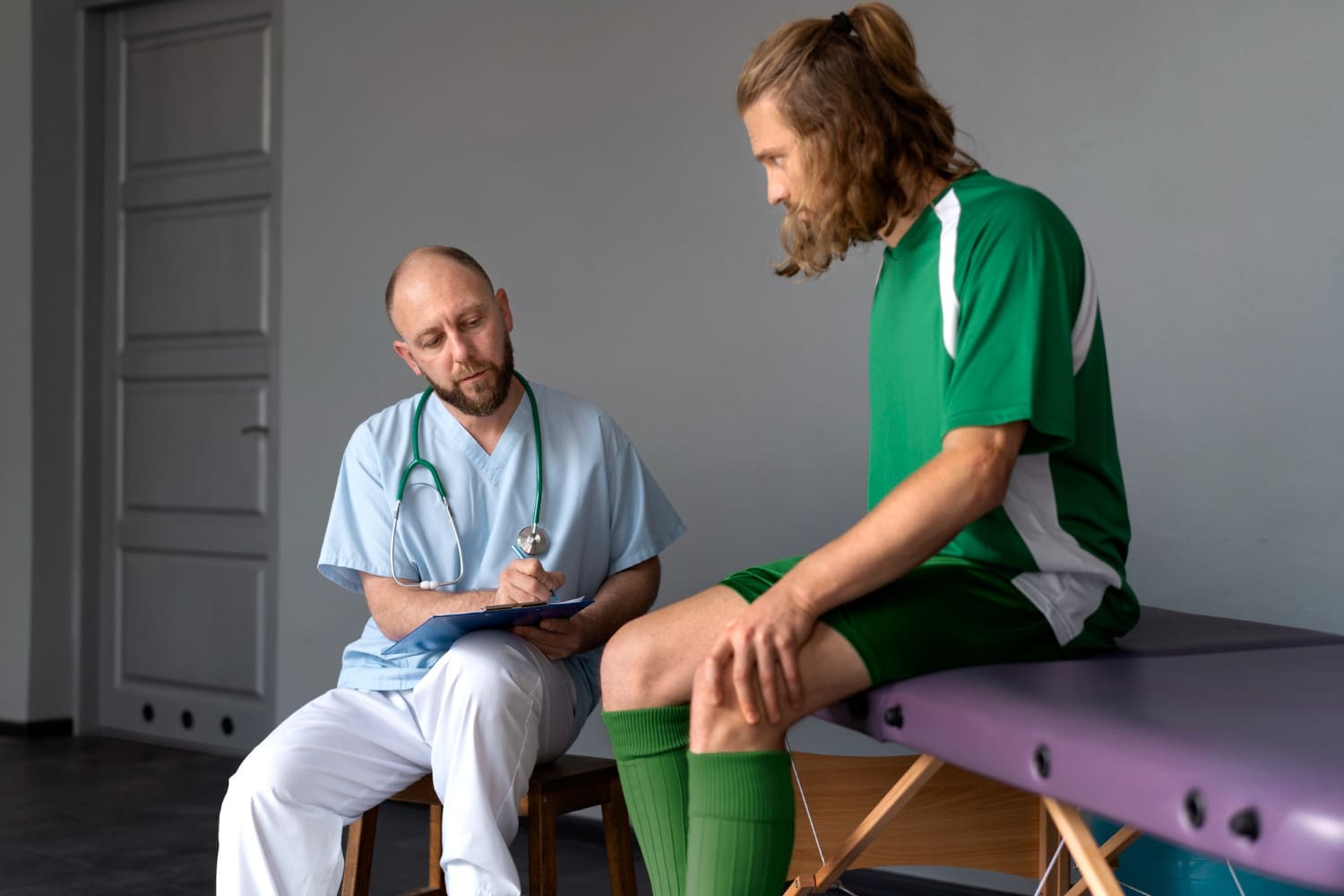
Introduction
Orthopedic surgeries are often the last resort to alleviate pain and restore function in individuals suffering from musculoskeletal injuries or conditions. While these procedures have come a long way in terms of their effectiveness and safety, recovery can be a challenging and time-consuming process. This is where regenerative medicine has emerged as a promising solution, revolutionizing the way we approach orthopedic surgery recovery. In this blog, we will explore how regenerative medicine can help accelerate recovery after orthopedic surgery, offering patients hope for a faster and more efficient healing journey.
Understanding Regenerative Medicine
Regenerative medicine is a cutting-edge field of healthcare that aims to harness the body’s innate ability to heal itself by stimulating tissue regeneration and repair. Unlike traditional medicine, which often focuses on managing symptoms or replacing damaged organs, regenerative medicine Miami seeks to address the root causes of diseases and injuries. It encompasses a range of innovative techniques, including stem cell therapy, tissue engineering, and gene therapy.
Regenerative medicine holds immense promise for the future of healthcare, offering the potential to revolutionize treatments for a wide range of conditions, from heart disease, orthopedics, and diabetes to spinal cord injuries and degenerative disorders. As research and technology in this field continue to advance, it may pave the way for more personalized and effective therapeutic approaches.
What is Orthopedic Surgery?
Orthopedic surgery encompasses a wide range of procedures that address issues related to bones, joints, muscles, tendons, ligaments, and other musculoskeletal structures. Common orthopedic surgeries include joint replacements, ligament repairs, spinal surgeries, and more. These surgeries are often necessary to correct injuries, degenerative diseases, congenital conditions, or age-related wear and tear.
Recovery After Orthopedic Surgery
Recovery after orthopedic surgery is typically a multi-faceted process that can vary in length depending on the specific procedure and the patient’s overall health. It often includes the following stages:
1. Immediate Postoperative Care: This phase involves monitoring the patient’s vital signs, managing pain, and preventing infection. Patients may stay in the hospital for a few days to ensure a smooth transition to the next stage.
2. Physical Therapy: Rehabilitation and physical therapy are essential components of recovery. Patients work with physical therapists to regain strength, range of motion, and mobility.
3. Pain Management: Orthopedic surgery often involves pain and discomfort, which are managed through medications and other pain relief strategies.
4. Lifestyle Adjustments: Patients may need to make changes in their daily activities, such as using assistive devices, practicing good nutrition, and maintaining a healthy lifestyle.
5. Long-Term Recovery: For some orthopedic surgeries, full recovery may take several months or even up to a year. During this time, the patient gradually returns to their normal activities.
Regenerative Medicine: A Promising Solution
Regenerative medicine is a rapidly evolving field that offers innovative approaches to accelerate healing and recovery after orthopedic surgery. It focuses on using the body’s natural healing mechanisms and advanced biotechnologies to enhance tissue repair and regeneration.
Here are some key regenerative medicine techniques that have shown promise in orthopedic surgery recovery:
1. Platelet-Rich Plasma (PRP) Therapy: PRP therapy in Miami involves extracting a patient’s own blood, processing it to concentrate platelets and growth factors, and injecting it back into the injured area. These growth factors stimulate tissue repair and reduce inflammation, potentially expediting recovery.
2. Stem Cell Therapy: Stem cells have the unique ability to differentiate into various cell types. In orthopedics, stem cell therapy is used to promote tissue regeneration in joints, ligaments, and tendons, helping to restore function and mobility.
3. Amniotic Fluid Injections: Amniotic fluid contains a rich source of growth factors, stem cells, and other bioactive molecules. Injecting amniotic fluid into injured or degenerated tissues can enhance healing and reduce pain.
4. Regenerative Tissue Scaffolds: Biomaterial scaffolds are designed to support tissue repair and regeneration. They can be used in conjunction with stem cells and growth factors to provide a framework for tissue regrowth.
Benefits of Regenerative Medicine in Orthopedic Surgery Recovery
Regenerative medicine offers several advantages in the context of orthopedic surgery recovery:
1. Reduced Pain and Inflammation: PRP therapy and stem cell treatments can significantly reduce postoperative pain and inflammation, allowing patients to progress more rapidly through their rehabilitation programs.
2. Enhanced Tissue Healing: Regenerative therapies in Miami accelerate tissue healing, helping to repair damaged joints, ligaments, and tendons more efficiently.
3. Minimized Complications: By promoting natural healing, regenerative medicine can help reduce the risk of complications such as infection and delayed wound healing.
4. Shortened Recovery Time: With the help of regenerative medicine, patients often experience a faster return to their normal activities and a shorter overall recovery period.
The Future of Regenerative Medicine in Orthopedics
The future of regenerative medicine in orthopedics is bright, with ongoing research and technological advancements continually expanding its potential. Some key developments to watch for include:
1. Personalized Treatments: Tailoring regenerative therapies to an individual’s specific needs and genetic makeup will become more common, enhancing their effectiveness.
2. Integration with Orthopedic Procedures: Regenerative medicine will increasingly be integrated into traditional orthopedic surgeries, making recovery more seamless.
3. FDA Approval: As more regenerative therapies gain FDA approval, they will become more widely accessible to patients.
4. Advanced Imaging Techniques: Advanced imaging will enable the precise delivery of regenerative therapies to the target area, improving treatment outcomes.
5. Collaboration between Disciplines: Collaboration between orthopedic surgeons, regenerative medicine specialists, and physical therapists will lead to more comprehensive and effective care.
Transform Your Orthopedic Recovery with Regenerative Medicine – OrthoMiami
Regenerative medicine is poised to transform the landscape of orthopedic surgery recovery. By harnessing the body’s natural healing abilities and innovative biotechnologies, patients can expect faster healing, reduced pain, and an overall improved recovery experience.
As the field continues to evolve, the integration of OrthoMiami regenerative medicine into orthopedic procedures promises a brighter and more efficient future for those in need of musculoskeletal interventions. With ongoing research and developments, regenerative medicine will play an increasingly vital role in helping patients regain their mobility and quality of life after orthopedic surgery Miami.
If you’re considering regenerative treatment options, give us a call at 786-746-8060 and schedule a comprehensive evaluation with Dr. Cesar E. Ceballos, MD to find out if regenerative medicine is right for you, or simply book an appointment online today.


